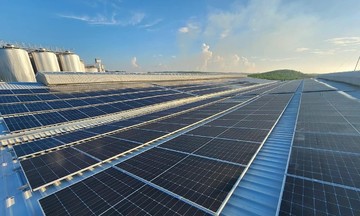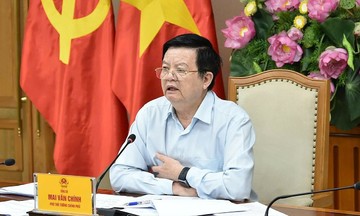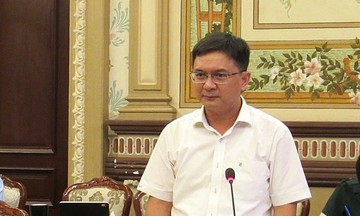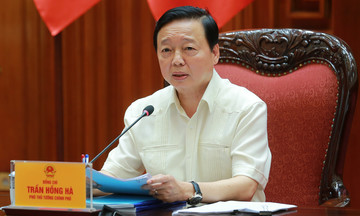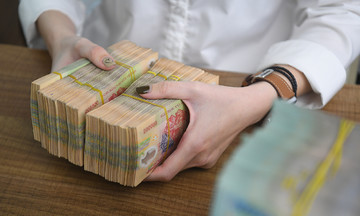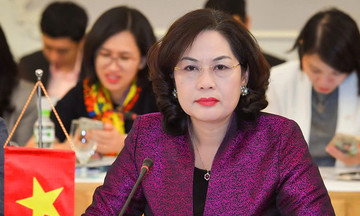The Ministry of Industry and Trade is proposing amendments to Decree 72, allowing the Vietnam Electricity Group (EVN) to incorporate unrecovered production and supply costs from 2022, estimated at 44,792 billion VND by the end of 2024, into retail electricity prices. If approved, this mechanism implies future electricity price increases to offset these costs.
At a forum on power sector development on 10/9, former Director General of the Price Management Department (Ministry of Finance), Nguyen Tien Thoa, called for clarification on the nature and causes of the losses. If the state permits and the public agrees, Mr. Thoa suggested EVN review all costs, retaining those legally includable in the price and excluding others.
Mr. Thoa also recommended EVN develop a reasonable allocation roadmap to avoid price shocks if the unrecovered costs are factored into electricity pricing.
Sharing this view, National Assembly representative Phan Duc Hieu stressed the need for a predictable price increase roadmap, allowing businesses and consumers to anticipate the duration of the process. He also advocated for flexibility, suggesting prices could decrease if EVN's business situation improves.
Mr. Hieu proposed the power sector calculate specific scenarios and consult with the public and businesses to gauge their "tolerance and affordability levels." This would ensure transparent decision-making and public consensus.
"Reasonableness is paramount," he stated, urging EVN to collaborate with the Ministry of Industry and Trade for transparent information disclosure, long-term roadmap development, thorough socio-economic impact assessments, and extensive public consultations.
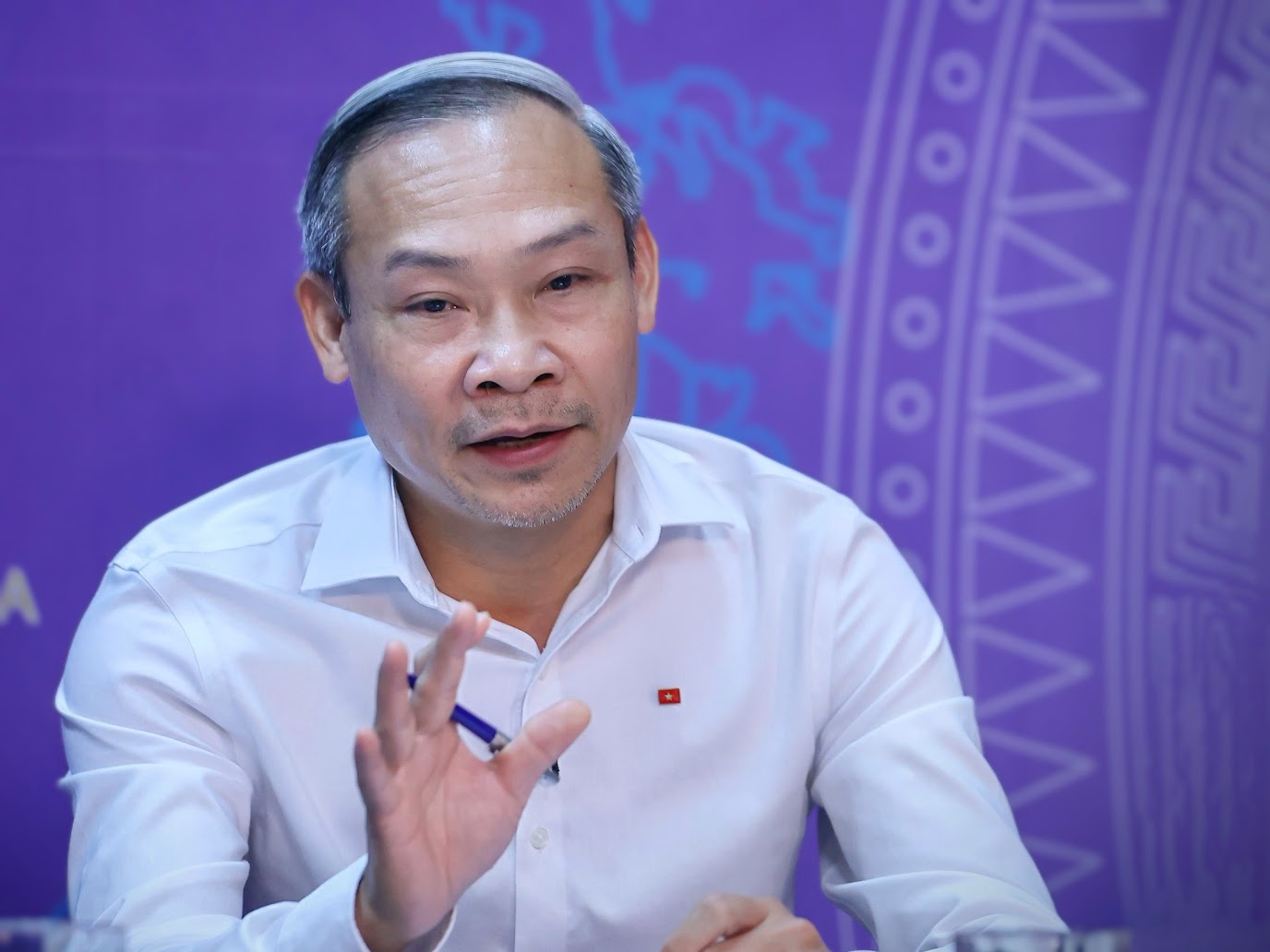 |
National Assembly representative Phan Duc Hieu, member of the National Assembly's Economic and Budgetary Committee, speaking at the forum. Photo: VGP |
National Assembly representative Phan Duc Hieu, member of the National Assembly's Economic and Budgetary Committee, speaking at the forum. Photo: VGP
Under Decree 72, the average retail electricity price adjustment timeframe remains at 3 months, potentially leading to 4 price changes annually. Mr. Nguyen Tien Thoa supported maintaining this cycle.
"Quarterly price adjustments allow for gradual cost allocation, preventing accumulation and sudden, significant increases that could shock society. The effectiveness of this approach has been demonstrated in gasoline price management," he commented.
Experts also recommended a support and social security package to mitigate impacts and ensure access to basic electricity services. Ha Dang Son, Director of the Center for Energy and Green Growth Research, suggested the Ministry of Industry and Trade report to the government on this support mechanism to balance market principles in electricity pricing with minimizing adverse effects on consumers and businesses.
EVN reported losses of approximately 50,029 billion VND between 2022 and 2023. By the end of 2024, EVN's parent company is projected to have accumulated losses of nearly 44,792 billion VND.
At the forum, Trinh Quoc Vu, Deputy Director of the Electricity Regulatory Authority (Ministry of Industry and Trade), attributed these losses to insufficient retail electricity prices to cover input costs, coupled with EVN's social security obligations.
Regarding input costs, the geopolitical conflict between Russia and Ukraine significantly impacted the global primary energy market. In 2022, imported coal prices, accounting for 40-50% of total coal demand, increased by 163% compared to 2021. In April 2022, the price surged by 411%, from 138 USD to 705 USD per ton. Gas prices also rose by 27.4% during this period. While fuel prices moderated in 2023, they remained significantly higher than in 2021.
"This led to substantial increases in EVN's electricity purchase costs, particularly from fossil fuel sources like coal, gas, and oil," Mr. Vu explained.
According to the Ministry of Industry and Trade representative, 2022 marked Vietnam's emergence from the Covid-19 pandemic, requiring economic stability and recovery, hence the decision to postpone electricity price adjustments. In 2023, there were two "minimal" price increases.
"This resulted in EVN incurring a deficit, or accumulated loss, of approximately 50,000 billion VND by the end of 2023." The devaluation of the Vietnamese dong against foreign currencies borrowed from international credit institutions for power plant investments also contributed. Contractual obligations required EVN to cover the exchange rate difference, further straining its finances.
Mr. Vu emphasized the eventual necessity of allowing EVN to fully incorporate costs into electricity prices, as the company cannot sustain indefinite losses. This is crucial given EVN's significant responsibilities, including government-assigned projects like the Ninh Thuan 1 nuclear power plant, the Bac Ai pumped-storage hydropower plant, wind power projects, and the Quang Trach thermal power plant.
"EVN needs a healthy financial standing to access loans from both domestic and international credit institutions," he added.
Phuong Dung




